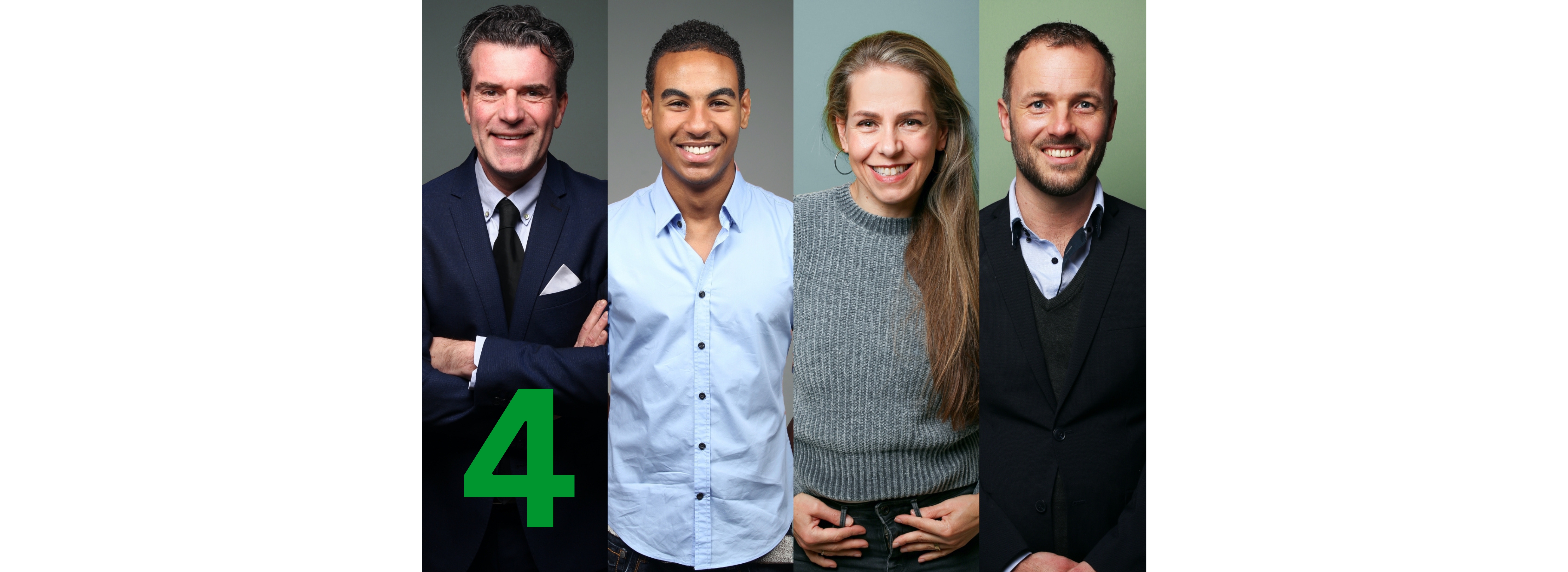
5 minute read
Owner or Key Person Leaving a Company? You Can Still Help Them
By Lisa Rehburg
When an owner, partner or key person leaves or retires from one of your insured employer groups, it can be a time of transition for the company. One thing that often gets lost in the transition is the life insurance policy that the company had on a key person or key people. This could be a buy-sell policy, a policy that partners had on each other, or a key person policy that the business owner or executive may have had.
Oftentimes, the company just lapses or surrenders the policy, once the person leaves. Or, if they give the key person the policy, that person may lapse or surrender the policy, because they don’t need it. This is where your expertise comes in.
If you have any transitions occur in management at your employer groups, simply ask them if there is any key person life insurance in place, and what they wish to do with it. The reason is because that life insurance policy can be sold. As with any asset, life insurance policies can be sold through a life insurance settlement. The owner of the policy, whether that be the company or the key person, will receive the sale proceeds.
In addition to helping a client, you receive commission, so you receive additional revenue as well. Here are some recent examples of how life insurance settlements worked for employers and key people:

A healthy 80-year-old gentleman had a $500,000 universal life insurance policy issued when he was a key person at a company. The company was the owner and beneficiary of the policy. When the company was sold 10 years ago, they changed ownership over to the client. There was cash in the policy, so the client did not have to make premium payments for 10 years. However, the cash had dwindled to nothing and the client did not want to make the premium payments to keep it going. He was going to let the policy lapse. Fortunately, he spoke with his insurance agent who suggested selling the policy. After marketing the policy to many different buyers, the client received $55,000 in “found money” for the policy, and the agent made $7,500 in commission. In addition, the agent contacted the client about other products that the client may need—annuities, a different Medicare plan, etc.

A healthy 66-year-old gentleman was a partner in a company. The two partners had $500,000 term policies written on each other. One of the term policies was coming up to the end of the term. The partners were going to let it go for zero. Fortunately, the policy was still convertible to a permanent policy, and it was able to be sold. The partner received $5,000 for the policy, which is better than zero, so they were happy. The insurance agent received a $1,000 commission on the sale, along with $5,000 in conversion commission.

A 61-year-old healthy man was the owner of a company and had a $10,000,000 key person convertible term policy with his company as the owner and beneficiary. He sold the company, so he no longer needed the policy. After marketing the policy, the client received $75,000 for the policy. The agent received $15,000 commission on the sale and $200,000 in conversion commission. Once again, the client was happy because he received money from a policy he was going to walk away from with zero, and the agent received additional revenue.
Life insurance settlements have been legal since 1911 & are highly regulated by Departments of Insurance across the country.

A law firm has four partners, and all partners have key person life insurance policies. One partner retired years ago. He is now 83 years old. The law firm is the owner and beneficiary of the $1,000,000 universal life policy. The policy has no cash in it, and the law firm has decided that they don’t need the policy and don’t want to continue to pay the premium. This policy is currently being marketed, but should bring good money for the law firm, and the insurance agent.
Life insurance settlements have been legal since 1911 and are highly regulated by Departments of Insurance across the country. Life insurance settlements brokers have a fiduciary duty to you and your clients to market an unwanted or unneeded life insurance policy with many different buyers, to obtain the highest amount of money possible.
To recap, when there is an executive transition or business sale at one of your employer group clients, be sure to ask if there is a key person policy in place, and what they intend to do with it. Selling a policy can reap tens of thousands or hundreds of thousands of dollars for clients.
Besides commission from the sale, once the company or person has received the proceeds from the sale of the policy, they may need other products and services you offer, creating another revenue opportunity for you. From an asset that was going to be thrown away because your client did not know there was another option, clients receive “found money” and you are a hero.
Win – Win.


Lisa Rehburg is president of Rehburg Life Insurance Settlements, a life insurance settlements broker. Lisa is passionate about assisting financial, insurance, legal and non-profit professionals to help their clients benefit from their unwanted or unneeded life insurance policies. She has been in the health and life insurance industries for over 30 years. www.rehburglifesettlements.com 714-349-7981










